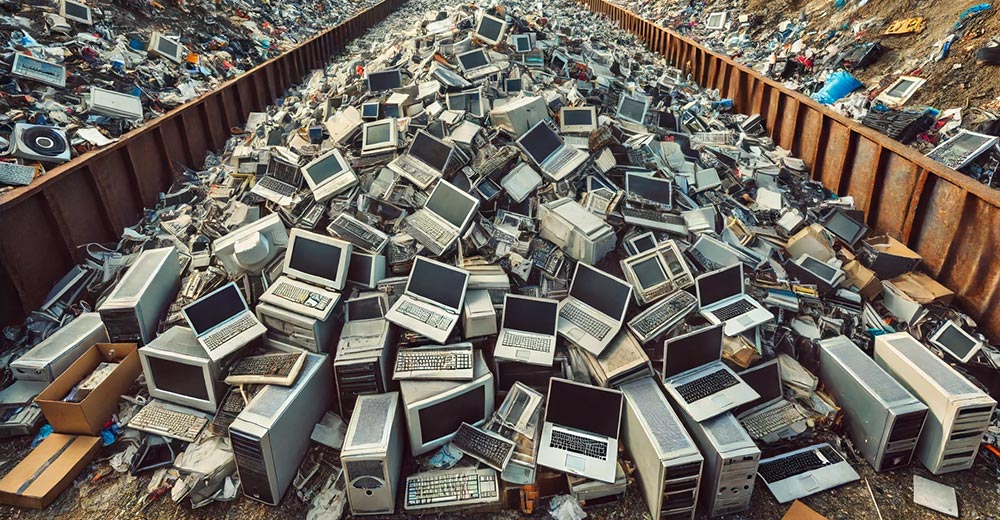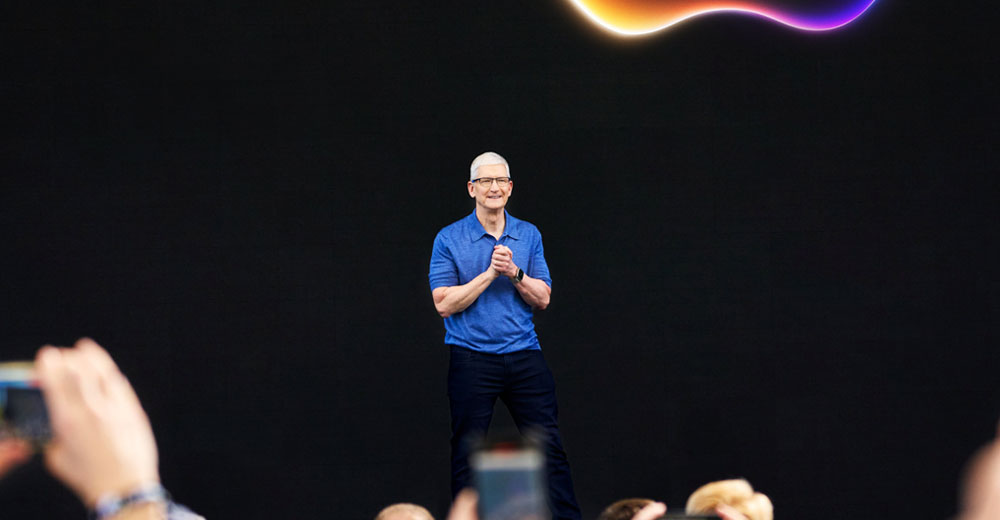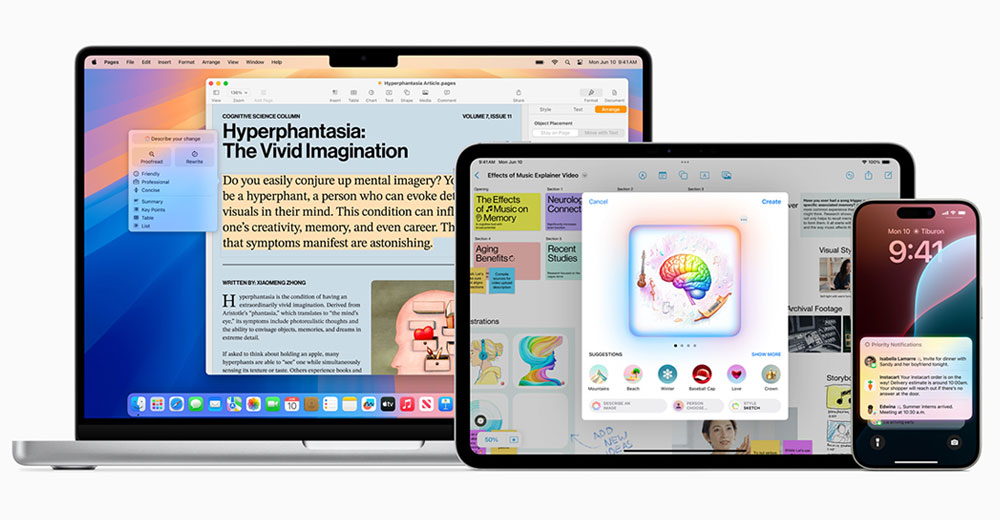
The Recording Industry Association of America (RIAA) is planning to offer music downloaders a reprieve from prosecution, provided they adhere to certain conditions, according to published reports.
People who have illegally downloaded copyrighted music files allegedly would be required to destroy all of those files on their PCs, destroy any known CDs or other media generated from the files, and fill out and send a notarized form to the RIAA pledging not to engage in illegal file sharing again.
Although some reports have stated those seeking amnesty also would have to provide a photo of themselves, GartnerG2 analyst Mike McGuire said such a requirement seems implausible.
“It’s one thing to go up against illegal file sharers, another to go up against the ACLU,” he told the E-Commerce Times. “I’m guessing the ACLU has a bit more money to spend” on protecting citizens from such an action.
No Amnesty for Pirates
Apparently, the amnesty offer would be voluntary — and available only to those against whom the RIAA has not yet filed suit. In addition to the myriad subpoenas already delivered, the organization is preparing to subpoena hundreds more of “those who egregiously distribute music” as early as next week.
McGuire called such a tactic, if implemented, an interesting one. According to him, the RIAA and major record labels have created an environment that suggests the industry does a fairly good job of identifying people and following through with threats of prosecution, partly by leveraging the accelerated appeal process of the Digital Millennium Copyright Act (DMCA).
He added that the RIAA and music labels may be hoping such an environment will prompt some people to clear their conscience. Also, practically speaking, the amnesty would serve as a sort of settlement, which is generally the first thing most parties accused of an illegal offense want to consider.
Overreaching Bounds?
However, Stephan Kinsella, an intellectual property patent attorney, told the E-Commerce Times that with the amnesty offer, the RIAA and record labels are leveraging their right to sue music swappers to obtain concessions they normally would not have a right to.
Before the advent of digital music, Kinsella pointed out, consumers had a certain degree of fair use flexibility to, say, make copies of purchased music for their own use, and copyright holders had no choice but to abide by those exceptions to the law. Now, the recording industry is aiming to restrict fair-use rights, providing a prime example of overreaching on the part of intellectual property owners.
Kinsella noted that IP laws are notoriously vague and that fair-use exemptions are needed as safety valves to limit abuses; therefore, the definition of fair use and the rights of consumers to use copyrighted materials need to be kept as broad as possible.
Heart of the Matter
The problem with IP laws in general is that they transfer partial control of a person’s or company’s purchased property to the creators of intellectual property, he explained. In other words, the owner of a music file’s copyright would have partial control of a user’s computer.
According to Kinsella, Utah senator (and songwriter) Orrin Hatch has gone so far as to advocate remotely destroying PCs owned by people with unauthorized music files on their hard drives. Such an action would constitute a violation of private property rights.
Overall, Kinsella said, IP laws as they now stand have the potential to stifle free speech, innovation and competition, and erode private property rights. Indeed, he added, they are creatures of legislatures instead of common law.
Getting to the Guardian
McGuire said he doubts file traders will start lining up for amnesty forms; however, others who may be only indirectly involved with file swapping may be convinced to do so.
Citing a recent case in which a man was sued for copyright infringement because his granddaughter was sharing illegally obtained music files on his computer without his knowledge, McGuire noted that parents, guardians or landlords of a residence with a shared network might sign on to the amnesty process.
“The parent might find all these songs on the family computer and find out that, ‘Uh oh, there are no receipts,’ and decide that [seeking amnesty] may not be such a bad idea,” he said.
Speak Softly…
He went on to say that offering a reprieve to illegal file swappers would, if implemented, be just one tactic of many in the RIAA’s overall arsenal. However, the RIAA and music labels must walk a fine line while carrying their big stick.
“There’s a PR perception risk that if they apply the stick too hard, they could [anger] people who were previously neutral [to their actions] or not necessarily against their actions,” McGuire said. “It will be very interesting to see how this will play out.”























































THE BOYCOTT AGAINST THE RIAA IS ON
Little Johnny quit buying CDs by what used to be his favorite group. Is he broke? Nope. Little Johnny HAS the money, but he has joined people of all ages and backgrounds across the United States, and even in other countries, to send out a strong message to attempts to criminalize millions of people, and to intimidate, sue, and harass consumers. Recently, Cary Sherman, of the RIAA, had to announce that CD sales continued to drop after the beginning of their announcement that they intended to sue hundreds or thousands of music lovers. Sherman continued to blame filesharing, but didn’t give any good reason why CD sales are dropping at an accelerated rate after what has been called the "Sue the World" action.
This is a grassroots movement that is gaining strength daily. One of the main coordinating and meeting sites for the movement is http://www.boycott-riaa.com. The site explains the reasons for the boycott, allows members to sound off on many legal and social aspects of the recent RIAA-led litigation, and related matters.
Boycotts have traditionally been extremely valuable tools for all sorts of groups who become angered by the actions of some other group. Countries has boycotted other countries, and these boycotts can have devastating effects on the economy of the country. In fact, certain studies have shown that economic boycotts achieve results quicker than lawsuits, letter writing campaigns, and petitions. The reasons for this are obvious. A boycott hits a company, group, or country where it hurts them the most, in the pocketbook.
And, those joining in this boycott are not just those who are doing filesharing. The lawsuits and actions of the RIAA have turned off loyal customers who regularly purchase music CDs, but who are now showing their ire by ceasing to purchase any music CDs associated with the RIAA and their member labels.
This is not something that music consumers wanted to do. They love their music, they like their favorite artists and want them to be able to make a living from their craft. Many artists are locked into contracts whereby they cannot speak out. The RIAA has claimed to represent 90 per cent of music labels. It is the so-called "Big 5" (i.e. Sony, EMI, UMG, Time Warner, & BMG). The FCC has stated that the big 5 account for 85 per cent of the music released.
The folks engaging in the boycott against the RIAA are not just refusing to buy music from RIAA represented labels, but are actually increasing their purchase of what has become known as "indie music" or music from independent musicians. These independent musicians represent the vanguard of the music industry. Many of these, instead of fearing and fighting online music distribution, have embraced it with a passion. Many are using websites such as http://www.dmusic.com to allow distribution of their original works. This benefits both the independents and the public. The independents, without the giant hype machine of the major labels, need to get their name and music out there before the public. The internet has proven to be one of the major vehicles for releasing information. Web surfers now rely on the internet for much of their news, much of their health care information, and the purchase of items through online stores continues to rise steadily. The public wants to be able to sample music and hear what they will be getting on an album, and thus, the internet affords a solution to both independent musicians and potential customers.
Boycotting is a "no cost" means of addressing the unacceptable actions of companies and people. Ironically, a national/international boycott against 90 per cent of the music producing companies would be big news. There has been an odd silence in all the major news outlets. No one has reported on the boycott, even though major news media has received letter after letter about this phenomenon.
The boycott continues to have major impact on music CD sales, and thus accounts for the accelerating drop in music sales that Mr. Sherman seemed at a loss to adequately explain. As the boycott increases and the music sales decrease, it shows that even today, consumers and citizens do have the power of the pocketbook, and because of that, the antagonism toward customers and filesharers will ultimately be the economic undoing of the RIAA, and all those who would attack their own customers.